By Richard Gappmayer, Jennifer’s father
Near the end of WWII, German POWs were brought to the United States and housed in camps around the country.
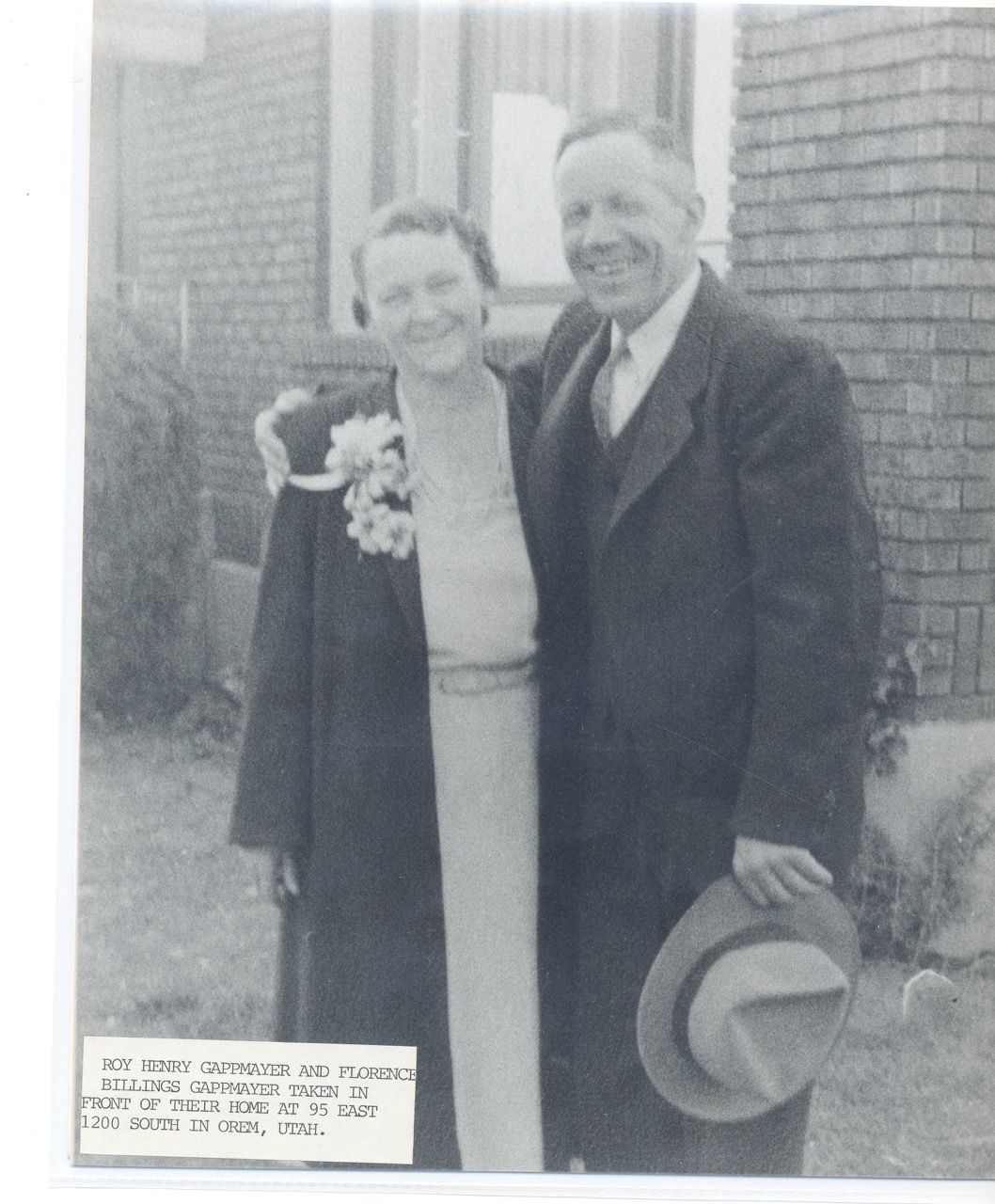
Richard’s mother and father. They were always respectful and kind to the German POWs.
They were brought here because there was no place to keep them in Europe, and there was a shortage of labor here. One of these camps was located here in Orem. Farmers could get these men to work on their farms. My father would get ten POWs to help with the fruit harvest. This was how I became acquainted with them. They did not turn out to be the monsters that we had been told they were. They were just ordinary people like the rest of us. For them, the war was over, and they knew it. They were very nice men who were victims of the war just like many other people. My father who had grown up under difficult circumstances could identify with them.He was very kind to these men. He treated them with respect, kindness and friendship. Some of them were very educated. They could speak and read English and appeared to be interested in making the most of their situation. On several occasions they asked me if we had any books that they could borrow. I asked, “What kind of books?”
They replied, “History books, books about this country, geography books.”
I gave them several old school books with which they were very pleased.
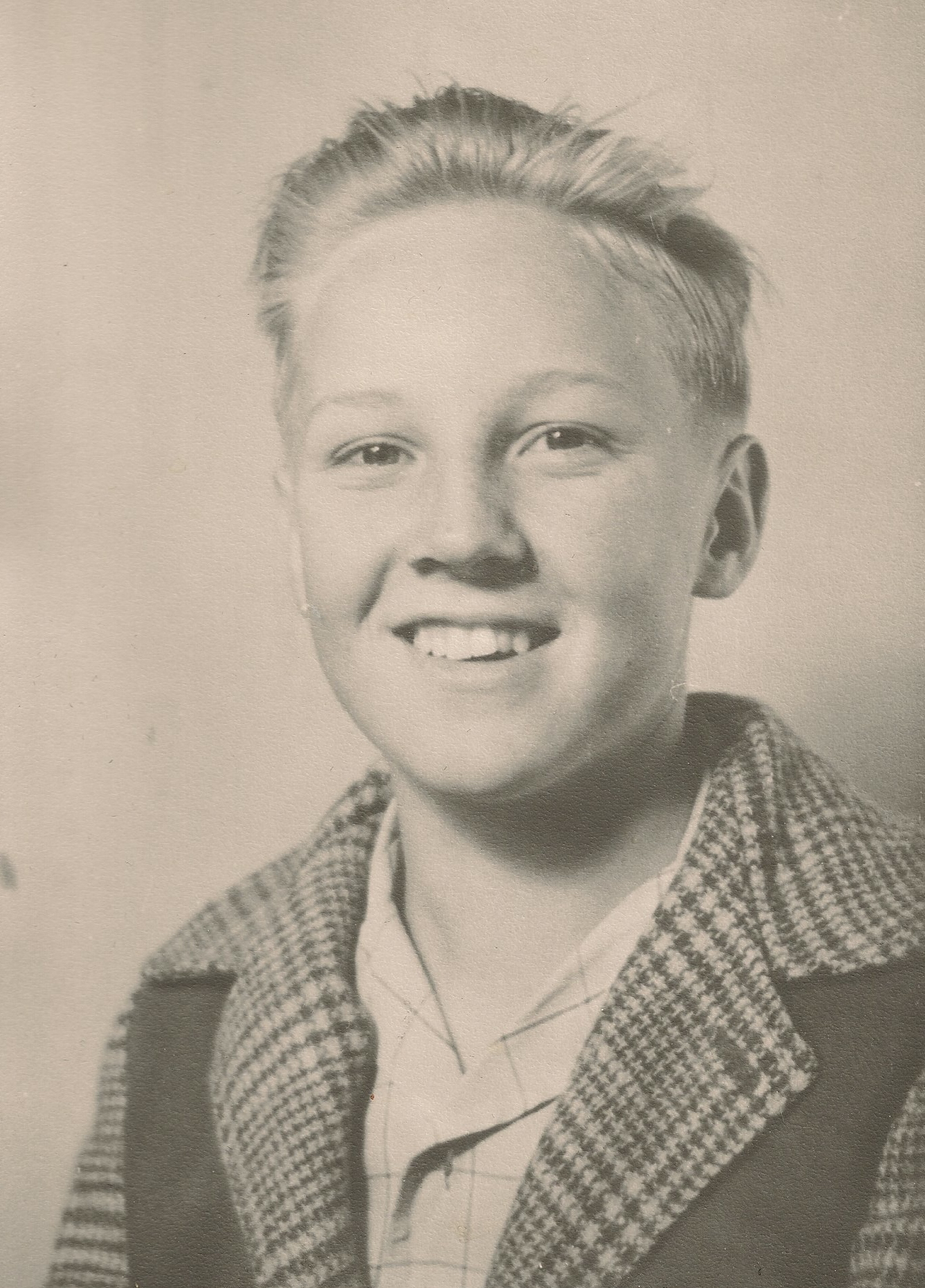 For lunch, the POWs would bring some black bread, cold cuts, and tea. We would set up a large table in the back yard under a tree because prisoners of war were not allowed to come into our homes. My father did not think that was enough food for working men, so he would have my mother make a large pot of stew, and I would take it to the men. One of my chores as a nine-year-old was to churn our cream into butter. We would save up the cream for a week, and then I would make the butter. One day I churned the butter and placed a large mound of it on a plate. I took the plate into the yard and set it on the table in front of the men. They looked at it, somewhat bewildered, and one of them who spoke English said, “Richard, what is this?”
For lunch, the POWs would bring some black bread, cold cuts, and tea. We would set up a large table in the back yard under a tree because prisoners of war were not allowed to come into our homes. My father did not think that was enough food for working men, so he would have my mother make a large pot of stew, and I would take it to the men. One of my chores as a nine-year-old was to churn our cream into butter. We would save up the cream for a week, and then I would make the butter. One day I churned the butter and placed a large mound of it on a plate. I took the plate into the yard and set it on the table in front of the men. They looked at it, somewhat bewildered, and one of them who spoke English said, “Richard, what is this?”
I responded, “Butter.”
He said, “You mean butter from the cow?”
I said, “Yes, butter from the cow.”
They proceeded to geometrically divide this butter into ten equal portions, and they consumed every drop. One of the prisoners later told me that some of these men had never seen butter, and it had been unavailable in Germany for many years. They were surprised that we had the butter and were astonished that we would share it with them.
These men provided a chapter in my life that I will never forget.
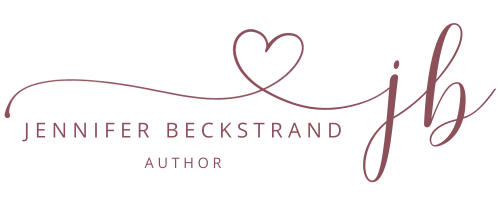
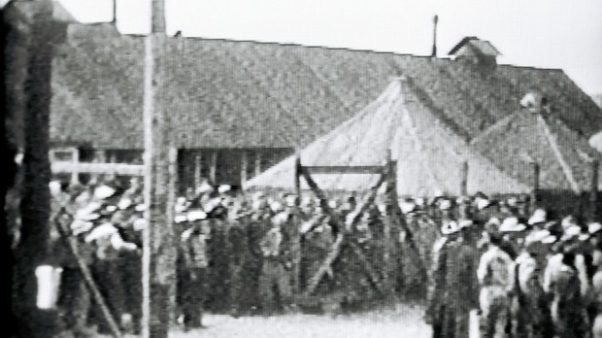
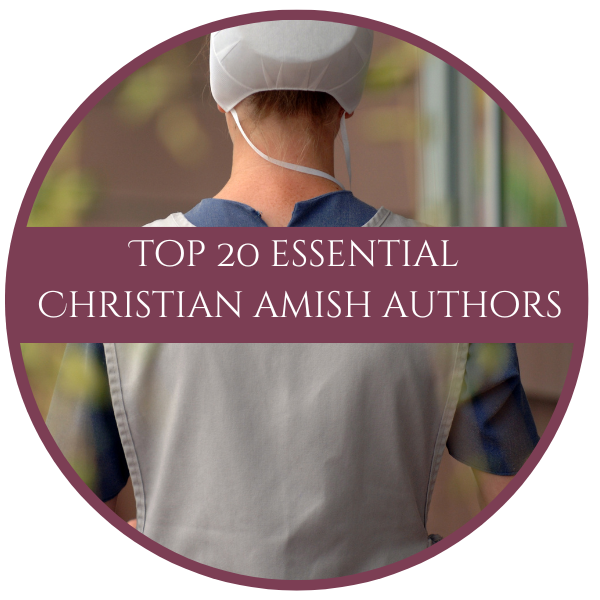
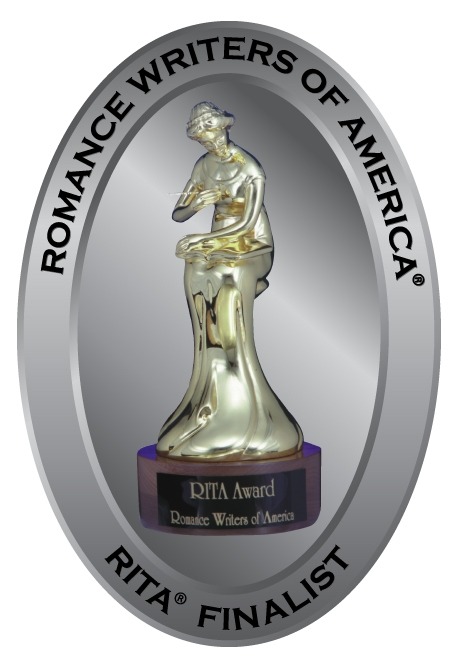
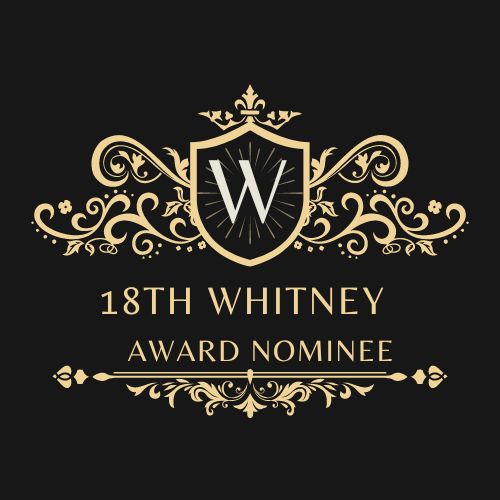

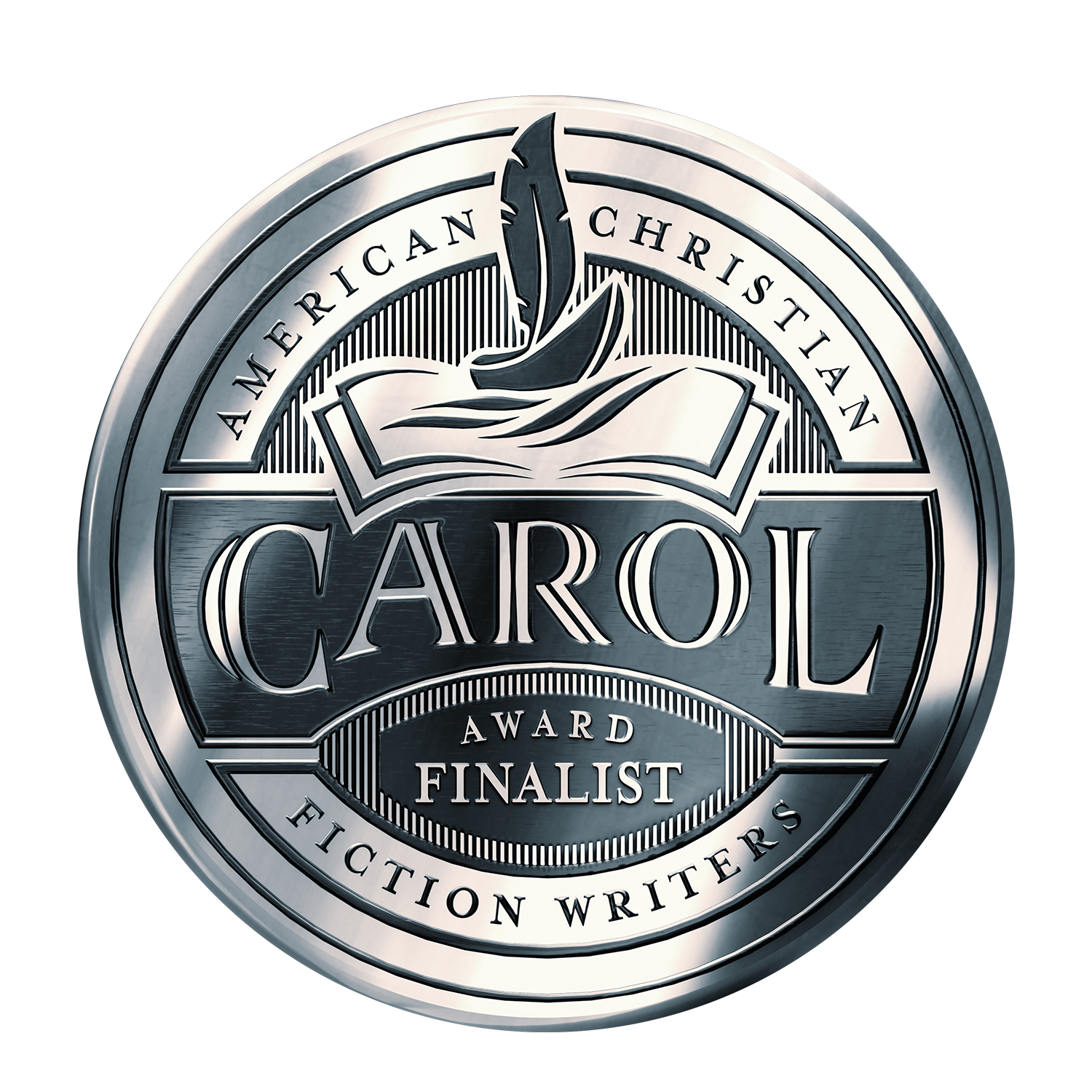
I am continually impressed with the rich heritage you share with us, Jennifer.
Thanks, Stanalei. I have always been fascinated and amazed by this part of my father’s history.
Fascinating!
Do you have a book with this storyline?
Yet….lol
Jayne,
Not yet! My dad was in the Army in Germany a decade after the war and he visited one of the Germans who had worked their farm. It seems like a great starting point for a love story. 🙂
My dad tells of seeing German POWs picking cherries in the orchards of Door County, Wisconsin. Their slices of bread for lunch lay on the ground. Dad had gone to Door with a friend and his parents, who came from Germany. The father would go over to talk to the POWs.
That is really cool. Can you imagine having prisoners of war work on your farm? They were supposed to be enemies but probably just as much victims of Hitler’s madness.